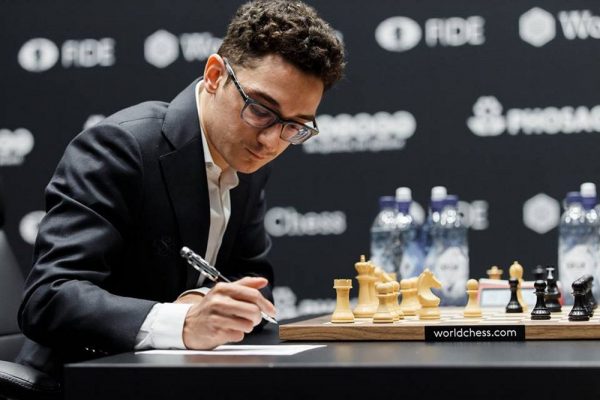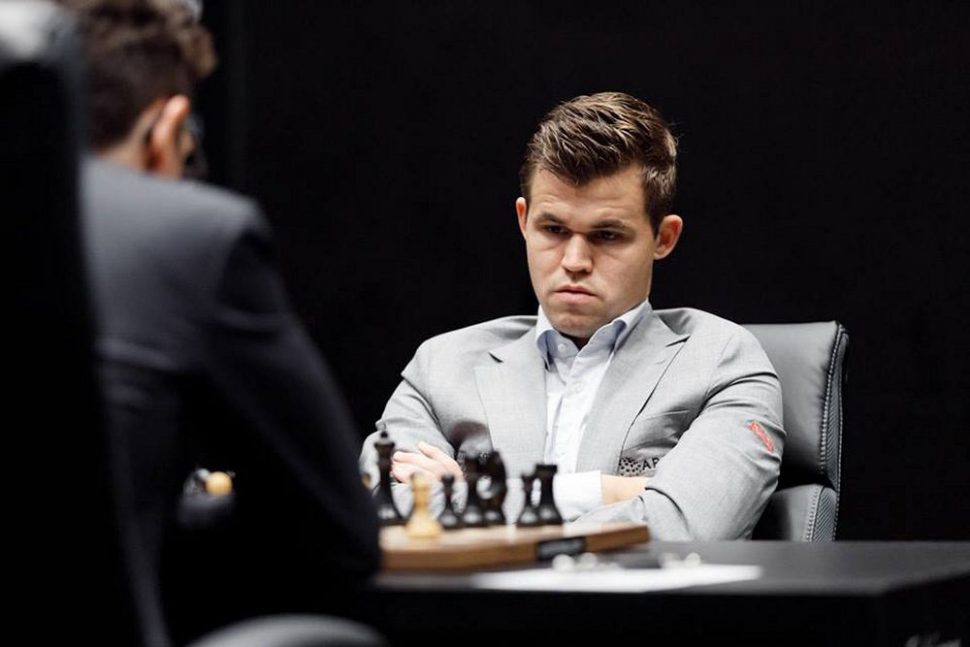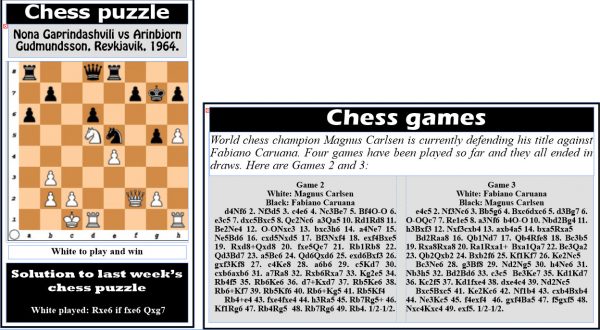 Chess contains the concentrated essence of life. In chess, as in life, when people cannot figure out what you are doing, they are kept in a state of terror — waiting, uncertain, confused – Robert Greene, The 48 Laws of Power
Chess contains the concentrated essence of life. In chess, as in life, when people cannot figure out what you are doing, they are kept in a state of terror — waiting, uncertain, confused – Robert Greene, The 48 Laws of Power
The World Championship of Chess is riddled with suppositions. It is natural. The debate surrounds who would be squashed by whom and to what degree. I suppose that is evident in every aspect of championship encounters.
The 2018 World Championship chess match is being contested by incumbent Magnus Carlsen, 27, of Norway, and the USA’s Fabiano Caruana, 26. Four games have been played so far in the 12-game series, and all were drawn, which is not unusual. Playing in a championship chess match is psychological as it is with having patience. Both contestants are waiting to show their hand, and would not do so unless they can guarantee some tangible result for the effort.
The first game of a chess match is critical, because it sets the tone for the entire series. Each player wants to read the other’s strategy. In normal circumstances, we the onlookers, have to content ourselves with draw after draw until we milk the rare result. That was the case with the Carlsen-Anand and the Carlsen-Karjakin matches. Such a method represents the stark, some say heroic, doctrine of perpetual struggle of what a world chess championship match should be, and is all about.

However, in 1972, Bobby Fischer disrupted the norm which was cultivated when he faced world champion Boris Spassky. During the first game of the world championship match Fischer made a horrendous blunder, perhaps the worst of his career. After an early exchange of Queens, and then of minor and major pieces (except the black Bishops) the game appeared to be drifting into a draw. On his 29th move, however, Fischer miscalculated and captured the white h-pawn with his black Bishop. Spassky blocked the Bishop, captured it, and won the game. With that loss, Fischer tallied his fourth lifetime loss against Spassky. Fischer had never defeated Spassky before that game. The question is: Did the incredible blunder by Fischer caused by his overenthusiastic attempt to win change an obviously drawn game? Or was the blunder carefully contrived by Fischer? To this day the question remains unanswered. My take on the matter is that someone at Fischer’s level would not make such a blunder. Did Fischer lose deliberately?
To compound matters, Fischer did not turn up for the second game. After two games in the championship match, the score read 2-0 in Spassky’s favour. Many felt that Fischer, the young man from Brooklyn, had given up. But Spassky knew Fischer never gave up. What was Fischer doing?
In the third game, a Benoni Defence, Fischer played superbly and Spassky resigned. After 12 years since his first meeting with Spassky, Fischer scored his first victory. Spassky never recovered. Fischer had played a successful mind game that rattled his opponent and which he could not understand. It is my belief Fischer felt he could take Spassky at any time providing he was unsettled. That was the time when the world championship matches were filled with excitement and possessed heightened drama.
Meanwhile, in game five of the Carlsen-Caruana match, at move 20, Caruana, playing the white pieces, had an extra pawn. But Carlsen had the advantageous Bishop pair.











